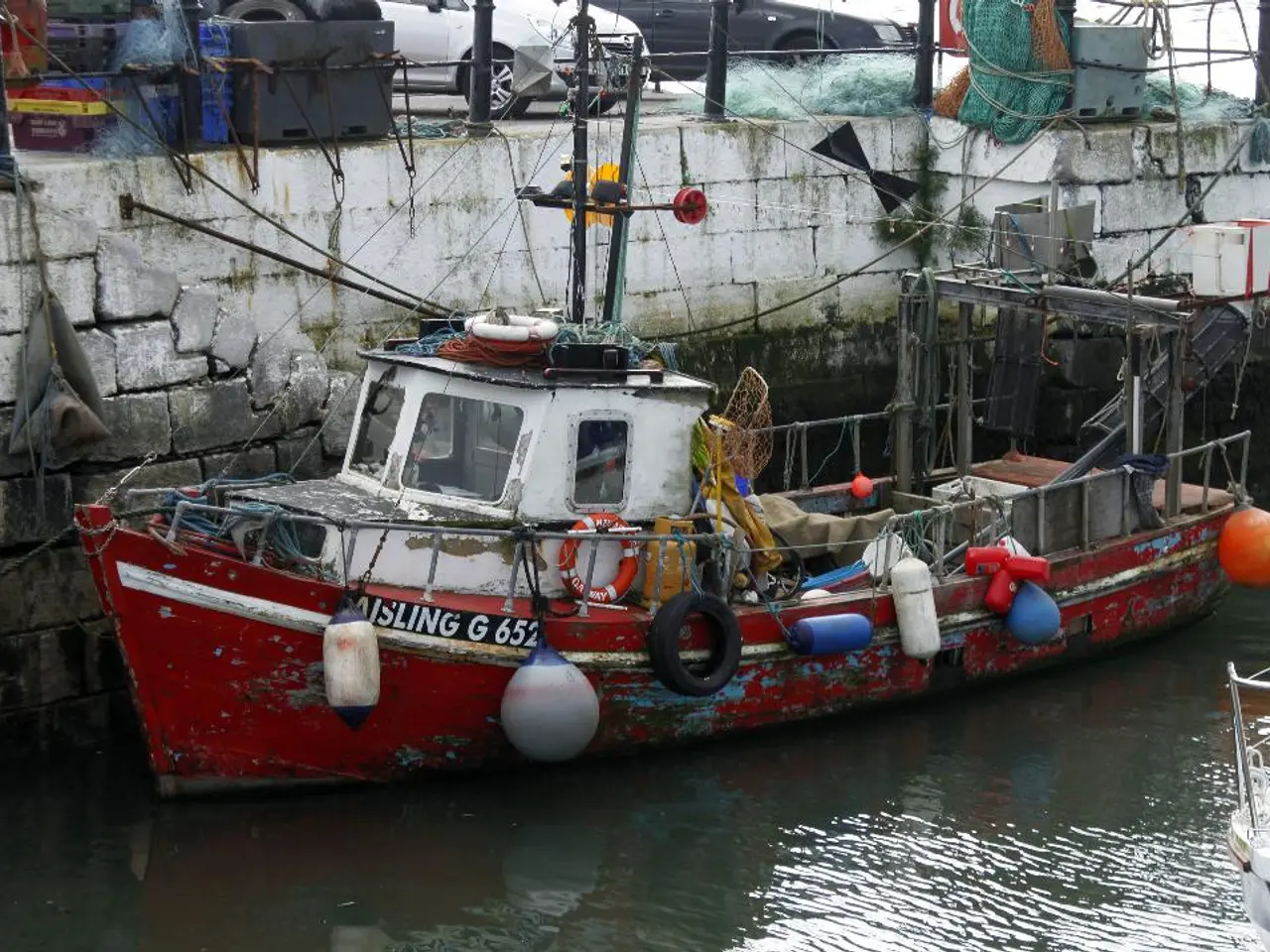Reduced Drowning Incidents in North Rhine-Westphalia
The Rhine, a major European commercial shipping route, is causing concern for several German cities due to its strong currents, shipping traffic, and fluctuating water conditions. This has led to discussions about banning swimming in the river to ensure public safety.
Cities like Düsseldorf and Cologne are considering such bans, owing to the risks posed by the frequent cargo traffic on the river. The heavy vessel traffic increases the dangers for swimmers, with the potential for collisions and accidents.
Moreover, the water levels in the Rhine can vary significantly due to weather patterns. Heatwaves can cause low levels, while heavy rains can lead to stronger currents, affecting swimming safety. These dynamic river conditions highlight the need for caution.
Recent news reported that after periods of drought and low water levels made shipping challenging in some parts of the river near cities like Cologne and Duisburg, rain restored water levels to allow normal shipping again. This illustrates the unpredictable nature of the Rhine's conditions.
Despite improvements in the river's water quality over the years, safety remains a primary concern. The German Life Saving Association (DLRG) has reported fewer swimming fatalities so far this year compared to 2024. However, cities like Düsseldorf have reported at least five deaths in the Rhine this summer due to drowning.
Neuss and Cologne are also contemplating a ban on swimming in the Rhine, following Düsseldorf's lead. Neuss supports Düsseldorf's plans, while Duisburg and Krefeld advocate for both a ban and increased awareness among the population.
Bonn, on the other hand, is opting for awareness instead of a ban. The city believes that educating the public about the risks associated with swimming in the Rhine is a more effective approach.
It's important to note that while many European cities have historically banned or restricted river swimming due to water quality and safety issues, the focus in the Rhine region is more on safety from currents and shipping rather than pollution alone.
The Rhine's importance as a shipping corridor for commodities like grain, minerals, coal, and oil means that heavy vessel traffic is routine, increasing the dangers for swimmers alongside cargo ships. As discussions about swimming bans continue, the focus remains on ensuring the safety of those who choose to enjoy the river's waters.
[1] Improved Water Quality Doesn't Eliminate Rhine Swimming Risks, German Cities Warn (2025) [2] Rhine Water Levels Rise After Periods of Drought (2025)
- In light of the enhanced water quality over the years, the focus on safety in the Rhine region has shifted from pollution concerns to the risks posed by vessel traffic and strong currents, as reported in 'Improved Water Quality Doesn't Eliminate Rhine Swimming Risks, German Cities Warn (2025)'.
- The Rhine's status as a major European commercial shipping route contributes to a high level of routine vessel traffic, increasing the dangers for swimmers alongside cargo ships, as noted in the text.
- Simultaneously, while some cities like Düsseldorf are considering banning swimming in the Rhine due to the risks, others like Bonn are opting for public education and awareness, demonstrating the diverse approaches being taken to address swimming safety issues in the region, as depicted in the situation.







